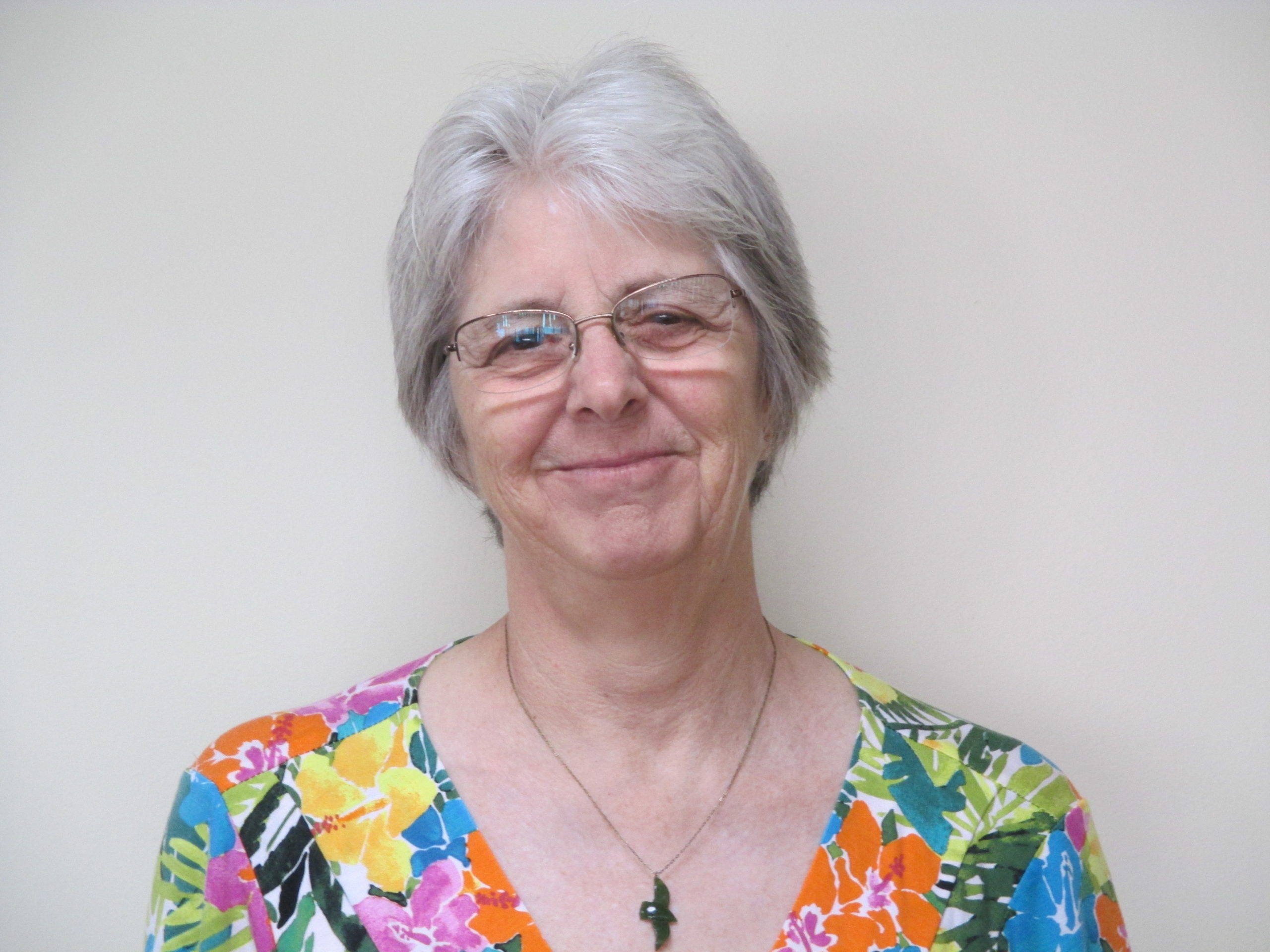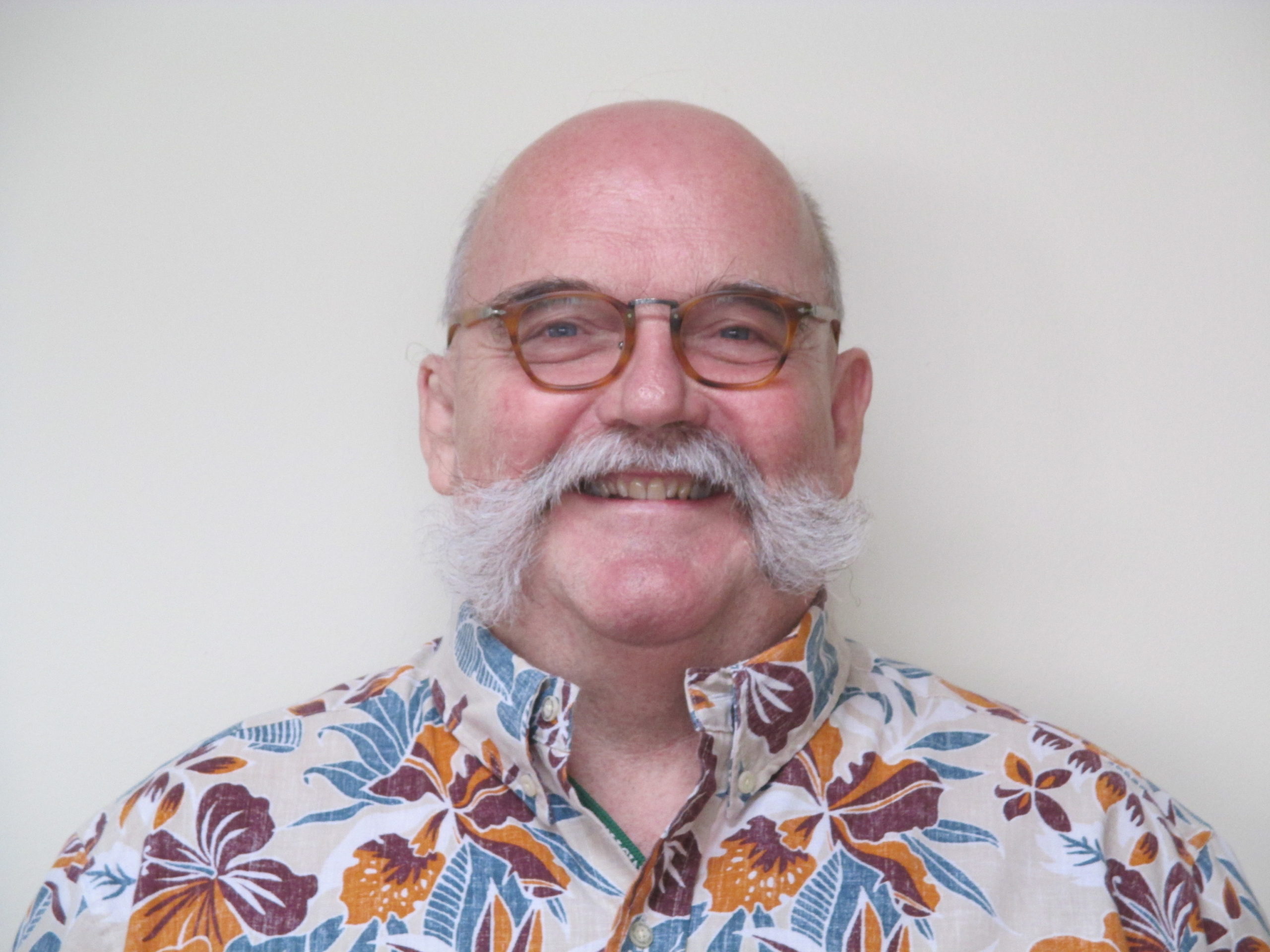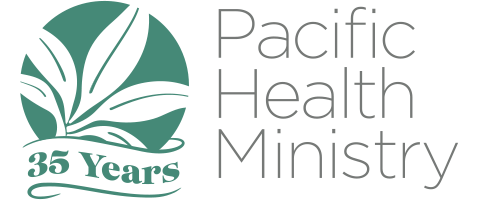
The pandemic has been a shared universal trauma that has blanketed us all. What does our world become when distance is the survival strategy? Especially when it directly challenges our inherent need for contact and connection. Throughout the COVID-19 crisis, hospitals have been a case study of the human condition and our innate perseverance. Just ask Chaplains Phyllis Hormann and Leavitt Thomas, who serve with Pacific Health Ministry at Kaiser Foundation Hospitals. In a time when so many patients aren’t able to consistently see their loved ones, these everyday heroes are there to fill that unimaginably painful void. In talking with them both, it is clear that chaplains strive to make connections with the people they are called to serve.

There isn’t an available handbook that outlines how one navigates spiritual care in the midst of a pandemic. As Thomas notes about their current work, “this will become the chapter of a training manual.” There is undoubtedly a level of stress and pressure in exploring this uncharted territory. When so many of us are already weary, how does one maintain hope and overall morale?
Furthermore, where does self-care fit in for essential workers when our society demands so much of them already? These are the concerns that exist simultaneously for these two, only made less consuming through the enjoyment of life’s simple pleasures. Whether it is the beloved company of a family pet or the joy that comes from self-expression through poetry, both chaplains have found ways to maintain, all while commendably serving in easing the pains of isolation and loneliness that have consumed us all.

The power of shared intimacy is metamorphic. Companionship, in many ways, is the essence of chaplaincy as they both work to stand by and with patients during their time of need. Hormann emotionally recounts an experience that epitomizes her and Thomas’ lived reality for the past year. Faced with a challenging diagnosis, one of the patients found themselves discouraged by the prospect of facing the journey ahead alone. It just so happened that on this day that visitation for family members reopened for the first time in months. As she explains, “I told him his wife could come to visit today, and he immediately broke down into tears.” The exchange that subsequently happened between the patient, their spouse, and Hormann would result in emotional waterworks that most vividly illustrated what both chaplains have so passionately conveyed: the shared faith that there is something that binds us all together. Often this is something so much greater than ourselves.
There is no doubt that those who Hormann and Thomas have helped will look back on these unprecedented times of service and sacrifice with a deep appreciation during what has felt like an eternal moment of suspension; one that has forced us to hold on to, and focus on, the basic needs of survival. Despite the tragedy, there is always hope; something of which these chaplains so graciously remind us.
America, America
By: Leavitt Thomas
America, America
Still beautiful through it all.
Your Constitution and Democracy
Has taken blows to their chins
And they still stood tall.
What we are as a nation
And who we will come to be
Is entirely
Up to you and up to me.
We the people
Of this grand and glorious land,
Are unique expressions of our sameness as Americans.
In challenging times
May we courageously come to reconciliation
Not by reacting for correction
But responding to make a connection. America, America
United we stand for all to see
And nothing will ever extinguish the roaring fire
That is our unceasing love for thee.
